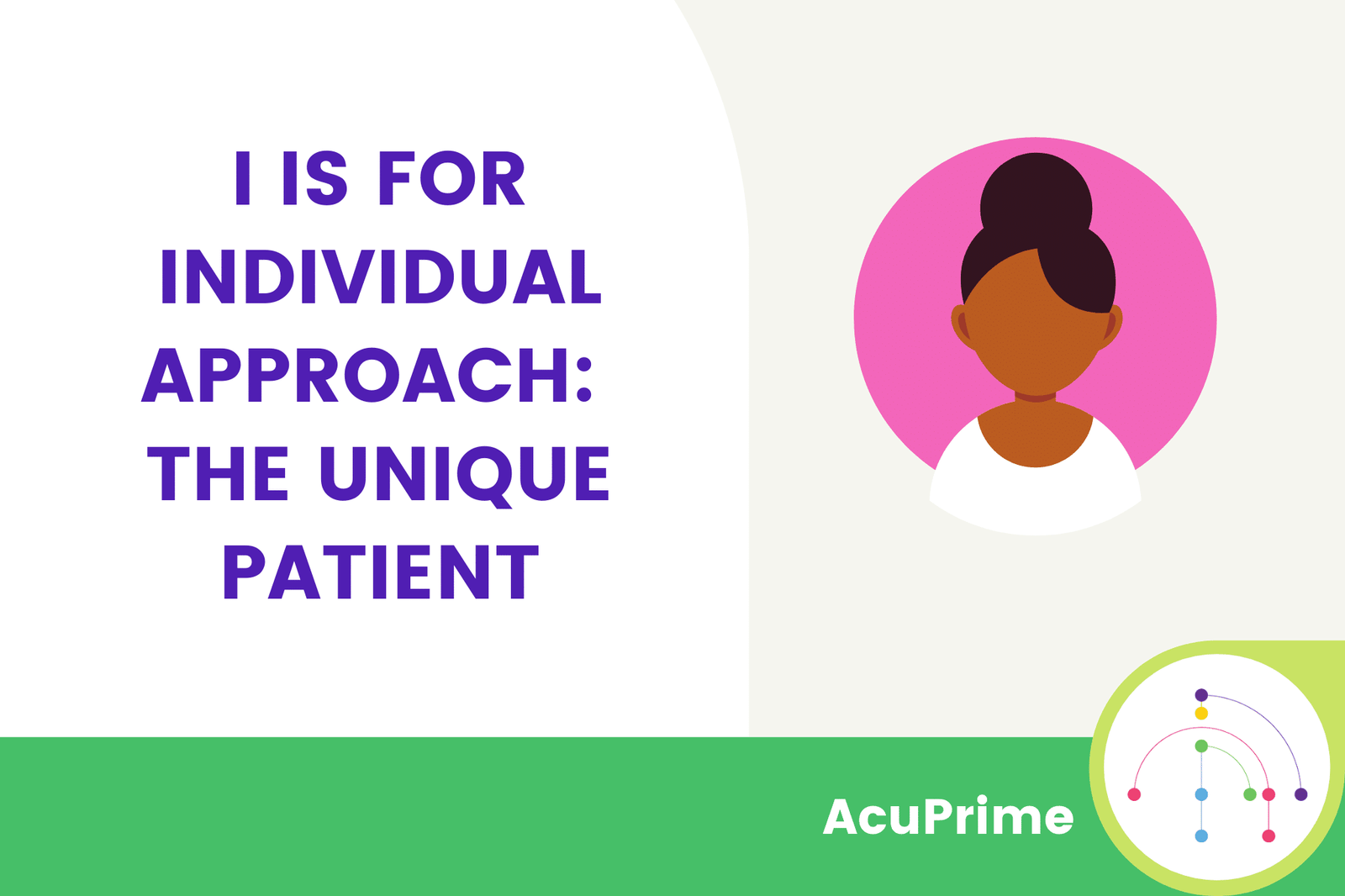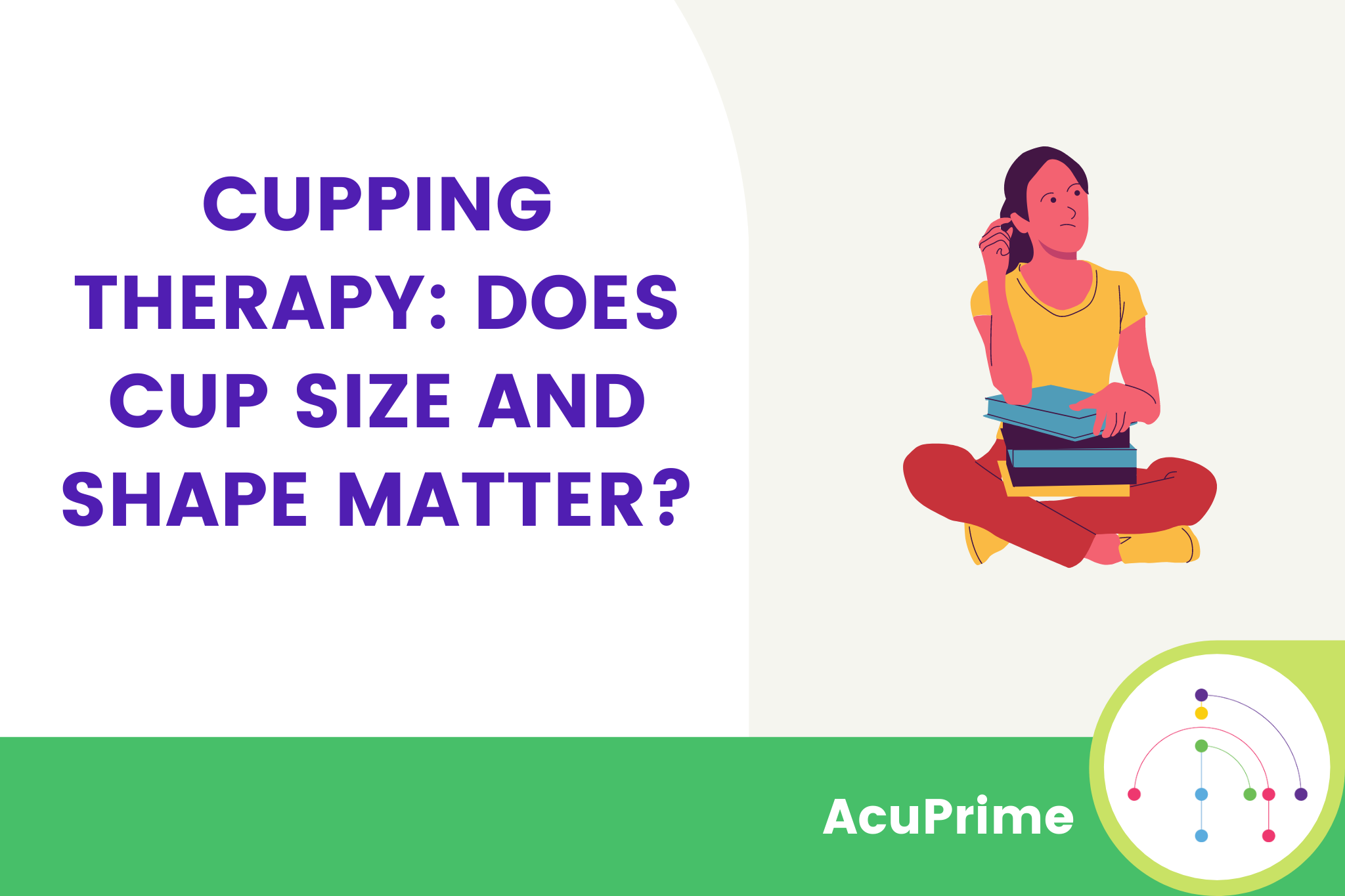Time is tight and budgets are small; in state healthcare, this often leads to short appointment times, generalised initial treatments and group settings. Whilst a general approach and group physio sessions certainly have their place, in private practice, you have the ability to take an individual approach. And that makes all the difference.
The unique patient
Research shows that for some types of issues, group physiotherapy is just as good as one-to-one sessions. Pilates, yoga and other therapeutic exercises are also commonly run as group classes or via the internet, where the participant is effectively part of a group. There’s no doubt that many people can benefit from generalised care and treatment. When it comes to complex issues and holistic therapies, it’s important that the patient is seen as the unique individual they are.
Patients can suffer when their individualities are ignored. Western medicine is only recently seeing women’s health as different from men’s, so the idea of heavily individualised healthcare is a long way off. In private practices though, you have the golden opportunity to give your patients more focused attention.
Patients each have unique histories, lifestyles, dietary habits and needs, energy levels, activity levels and expectations. Each of these things can heavily alter their wider health, and without understanding the full history, it’s easy to miss the true cause of an issue.
Not only is each patient unique in lifestyle and history but they’re unique in the way they respond to information, diagnosis and treatment. Talking to a highly intelligent and engaged patient in the same way as you would a patient with a far more limited understanding of biology and health could easily send them running for the hills and vice versa. Similarly, being dismissive of ailments you might consider minor undermines the importance the patient may place upon it.
The benefits of taking an individual approach
When patients feel listened to, respected, understood and connected, they’re likely to be more honest and more adherent to treatments and exercises. When they’ve given you a full history, clearly described their problem and feel as though you have understood exactly what they mean, it’s easier for them to trust your recommended therapy because it feels tailored to them. With a more generalised approach, patients may not trust that the treatment will work as they might not be convinced it’s what they need in the first place.
Of course, the more a patient adheres to the treatment plan, the more likely they are to recover and stick to future treatment plans. Taking an individual approach also helps to make the patient feel supported and positive, even if they have a serious issue. This could also increase the chances of them adhering to treatments and prescribed exercises.
Mind and body connection
By necessity, a generalised approach sees the condition in isolation. But every practitioner of holistic therapy and lifestyle medicine knows that an isolated view is rarely an accurate one. Physical conditions created by mental stress are great examples of how issues need to be looked at through the lens of the mind/body connection.
When you give your patient’s enough time and space to provide you with the full picture of their health and lifestyle, you can more readily understand how to effectively treat them.
Individual treatment on a tight deadline
Busy practitioners, whether they work in the NHS or in private practice, aren’t mind readers. Nobody has enough time to discover a patient’s entire, complete history, in part because the patient won’t understand what information to give or have that information in the first place. But there are ways you can take an individual approach with limited time.
- Listen attentively and demonstrably
- Ask the patient to tell you anything they think might be relevant, no matter how small or seemingly inconsequential
- Ask (if relevant) about alcohol consumption, diet, exercise and stress levels
- Re-read your previous notes if you’ve seen them before so you can show you remember the patient
Human connection
Most of those tips simply come down to basic human connection. When people feel listened to, they will tell you the truth. When they feel your attention, they won’t hold things back for fear of wasting your time. When they feel respected, they’ll be respectful. There’s no secret to an individual approach, there’s just a lack of time and that’s what we need to rectify.








